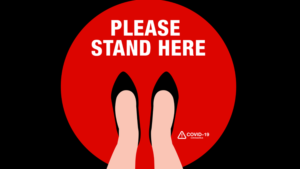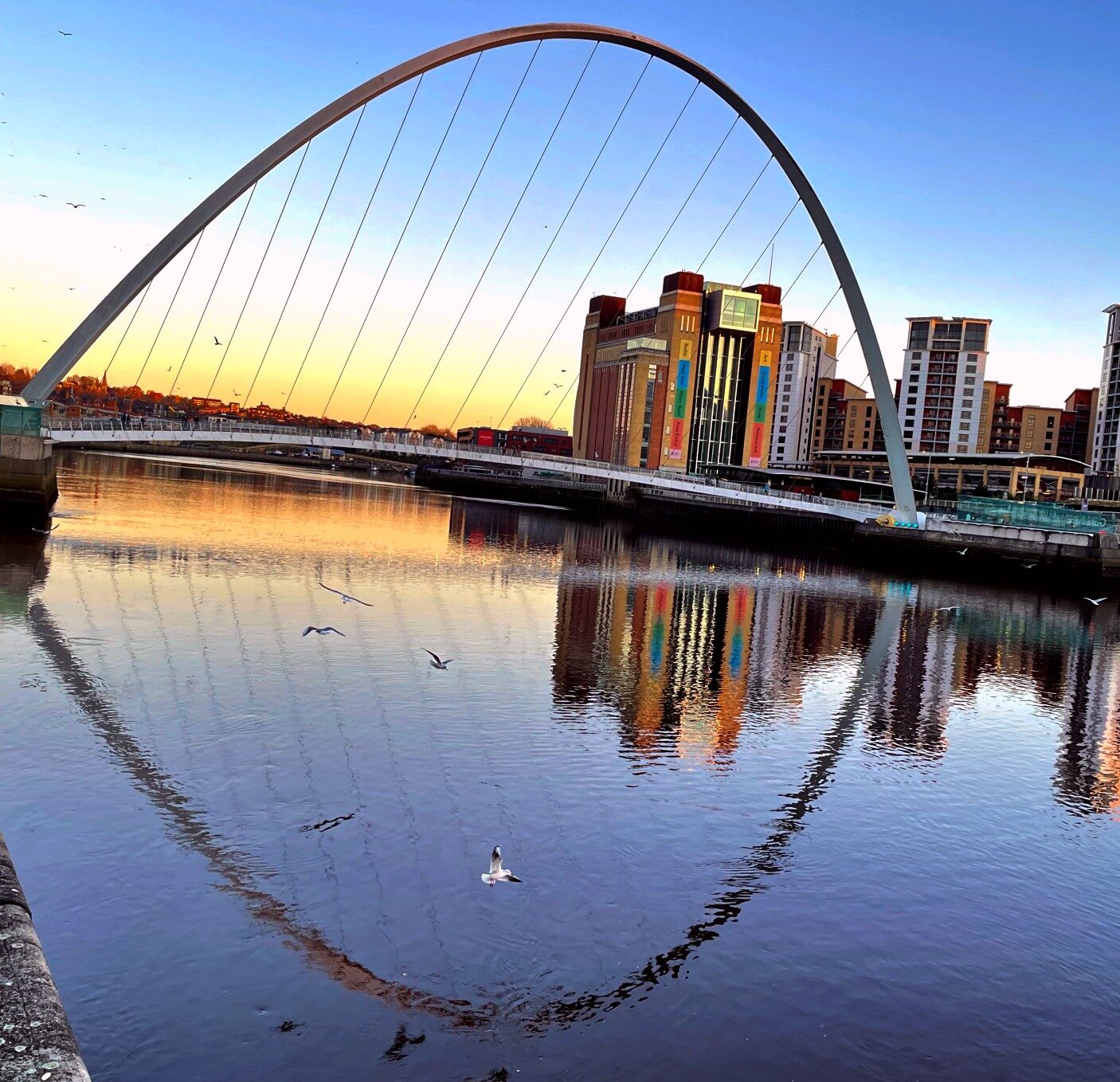Durban: President Cyril Ramaphosa, on 26 May 2020 eased the restrictions on religious activities, which permitted places of worship to reopen from 1 June. The entire country of South Africa is expected to move to level 3 of the lockdown phases. This will ease broader reopening of economic activities, including recently added sector – religious activities.
Churches, temples, mosques, synagogues, and other recognised places of worship will resume services with a restricted number of people not more than 50 depending on the space available.
Following the announcement, it seems as if a debacle button has been switched on. Now restaurants are demanding an explanation from government on why their services should remain shut whereas places of worship, as identified above, are permitted to operate during lockdown level 3 starting 1 June.
Restaurant owners have since argued that their premises offer low risk of Covid-19 infection, given strict new protocols that are being introduced.
On average, in winter, about 150 people visit a sit-down restaurant during an eight-hour trading period; this translates to six tables – or at its busiest 15 to 20 tables – in a 150 square metre area, says Ocean Basket’s CEO Grace Harding, who’s the spokesperson for the Restaurant Collective, an organisation which represents sit-down restaurants. “Our restaurants are considerably safer and less congested than public transport or standing in supermarket queues. We are responsible and organised and willing.”
Harding says that restaurants were initially judged to have one of the highest potentials for risk of transmission, but the facts have changed.
Around the world, restaurants are reopening and have very successfully introduced measures that include physical distancing, the wearing of masks and other protective equipment, sanitation as well as twice daily temperature checks, says Harding. This seemingly has initiated a very different look and feel prior to the coronavirus pandemic.
The ban on restaurants doesn’t make sense, says Wendy Alberts, CEO of the Restaurant Association of South Africa (RASA).
The RASA is working with its lawyers on an urgent submission to government demanding an explanation.
“This is unconstitutional and an act of discrimination. (It’s) really not fair on our restaurants and the huge amount of staff that are still unemployed.”
Some 800,000 people are employed in the restaurant industry, says Alberts. She says “dozens of restaurants” are going out of business every day.
Harding stresses that restaurants cannot survive by deliveries and take-aways alone. Under Level 4, restaurants were only allowed to do deliveries, while in Level 3 collections and drive-throughs will be allowed.
Restaurateurs and café owners are among those who have borne the economic brunt of stay-at-home policies. As such, many are desperate to reopen to save their businesses from bankruptcy, but rules on social distancing mean they are having to rethink how they serve their customers – mostly home deliveries and takeaways. This method many lament is not economically sustainable.
A typicalsit-down restaurant that opens for delivery and take-away only, and with the reduced staff and costs to match activity, is only able to break-even once it achieves about one-third of the sales turnover that it would normally achieve with full sit-down allowed, she says. The reason for this is that delivery and takeaway is an expensive channel to service with the extra packaging costs and delivery fees incurred.
Research by the Restaurant Collective shows that sit-down restaurants will suffer a net loss if they only do deliveries and takeaways. In a few days to come, we will know how serious the RASA is willing to take up their case against government.







11 Responses
Purchasing Clonidine
viagra online generic
Cialis
Amoxicillin Medical
Viagra
Viagra
compare or viagra
Cialis Brand 10mg Online Kaufen
when does the viagra patent expire
page
zofran 4mg pharmacy zofran 8 mg generic zofran online pharmacy